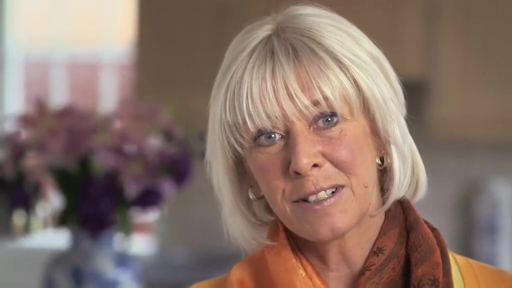Basic science: understanding experiments
Week 1: Water content of everyday goods
Introduction

Transcript
Janet Sumner is your guide through this course. She is a Media Fellow at The Open University with a specialist interest in volcanoes. Janet will appear at the start of each week to tip you off about the coming highlights and challenges, to remind you what you’ve learned and to help you make the most of these four weeks of scientific discovery.
Over the next four weeks you will carry out a series of hands-on experiments. These experiments are designed to get you to:
- start thinking in a rigorous and scientific way
- recognise the influence of experiment design and variables
- think about how the world around you works.
This course is going to assume that you are new to studying science, so don’t worry if you haven’t conducted any experiments before.
The experiments start off simply, but by Week 4 you will be isolating and extracting the DNA of a kiwi fruit! This week, you’ll be focusing on why water is so important to all living organisms and carrying out two different experiments – baking a potato to destruction and examining the process of osmosis in cucumbers.
To test your knowledge you can try the end-of-week and an end-of-course quizzes.
There are plenty of opportunities to communicate with other learners. There are forum threads for activities in each week. Please join in!
Before you start, The Open University would really appreciate a few minutes of your time to tell us about yourself and your expectations of the course. Your input will help to further improve the online learning experience. If you’d like to help, and if you haven't done so already, please fill in this optional survey [Tip: hold Ctrl and click a link to open it in a new tab. (Hide tip)] .
What you'll need
All of the experiments can be carried out with items you would find in a typical kitchen, but before you start, you should probably make sure you have the following:
Shopping list
- a cucumber
- a kiwi
- methylated spirits (or a bottle of vodka!)
- olive oil
- a potato
- salt
- sugar
- washing-up liquid
- yeast
- distilled water.
Equipment list
- cling film
- oven gloves
- a freezer
- an ice cube tray
- kitchen scales
- a marker pen
- a microwave or oven
- a paper clip
- a printer
- a ruler
- a vegetable peeler
- drinking glasses
- knife.
Advice for younger learners and homeschoolers
We would like to take this opportunity to remind you of the Conditions of use of Open University websites. To enrol on an OpenLearn course and participate in the forums, you must be aged 16 or over. Adults can use their own OpenLearn account to supervise under 16s on the course, posting comments on their behalf, and assisting with the experiments.
Remember, do not share any personal details such as your home address, email or phone number in any comments you post. You can read more in the OpenLearn FAQs.
